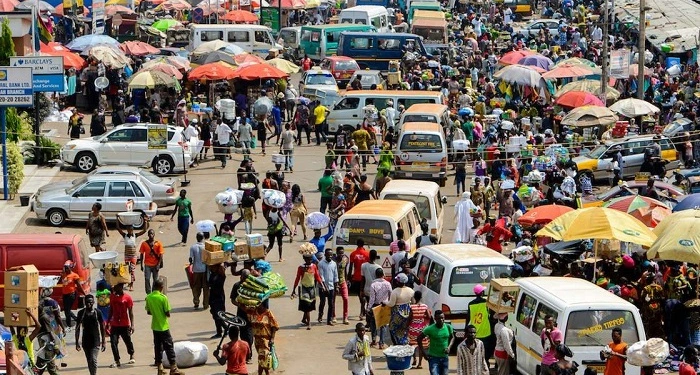Removal of E-Levy, COVID Levy, Others to Have Minimal Fiscal Impact on Economy – Fitch Solutions
“Despite the opposition winning the election, Ghana will likely maintain broad policy continuity. The NDC’s comfortable parliamentary majority will allow it to diverge from some policies implemented by the NPP, such as removing certain taxes, including a levy on electronic payments.
- Advertisement -
Fitch Solutions, the research arm of Fitch Ratings, has said the removal of taxes such as the COVID Levy, E-Levy, 10% Levy on bet winnings, and the emissions levy will have minimal fiscal impact on the Ghanaian economy.
- Advertisement -
According to Fitch Solutions, this is because the combined revenue generated from the aforementioned taxes amounts to only 3% of total revenue.
- Advertisement -
Another reason for the minimal fiscal impact Fitch Solutions further notes is the commitment of the incoming administration to introduce alternative revenue-generating measures, including reducing tax exemptions and reviewing taxes on imports and the mining sector in line with fiscal consolidation objectives under Ghana’s IMF programme.
Pertaining to Ghana’s IMF programme, Fitch Solutions asserts that given the country’s dependence on concessional financing for macroeconomic stability, the government’s relations with the Bretton Wood institution will remain stable despite earlier statements by President-elect John Mahama to revisit the deal.
“Despite the opposition winning the election, Ghana will likely maintain broad policy continuity. The NDC’s comfortable parliamentary majority will allow it to diverge from some policies implemented by the NPP, such as removing certain taxes, including a levy on electronic payments.
- Advertisement -
“However, the fiscal impact will be minimal since the taxes the NDC seeks to target generate less than 3.0% of total revenue. In fact, the NDC has committed to introducing alternative revenue-generating measures, including reducing tax exemptions and reviewing taxes on ports and the mining sector,” Fitch Solutions posited.
Meanwhile, the International Monetary Fund (IMF) has affirmed Ghana’s progress toward achieving a primary fiscal surplus of 0.5% of Gross Domestic Product (GDP) on a commitment basis, despite emerging spending pressures linked to a dry spell and ongoing challenges in the energy sector.
This assessment follows the IMF Executive Board’s completion of the third review of Ghana’s 36-month Extended Credit Facility (ECF) Arrangement resulting in the approval and disbursement of Special Drawing Rights (SDR) 269.1 million – equivalent to approximately $360 million – to Ghana.
A primary fiscal surplus of 1.5% of GDP is projected for 2025, underpinned by measures such as enhanced domestic revenue mobilization and rationalization of non-priority expenditures.
In its review, the IMF emphasized the importance of fiscal responsibility, noting that Ghana’s progress hinges on modernizing its fiscal framework, strengthening revenue administration, improving the management of State-Owned Enterprises (SOEs), and addressing challenges in the energy and cocoa sectors.
Source: norvanreports.com
- Advertisement -


